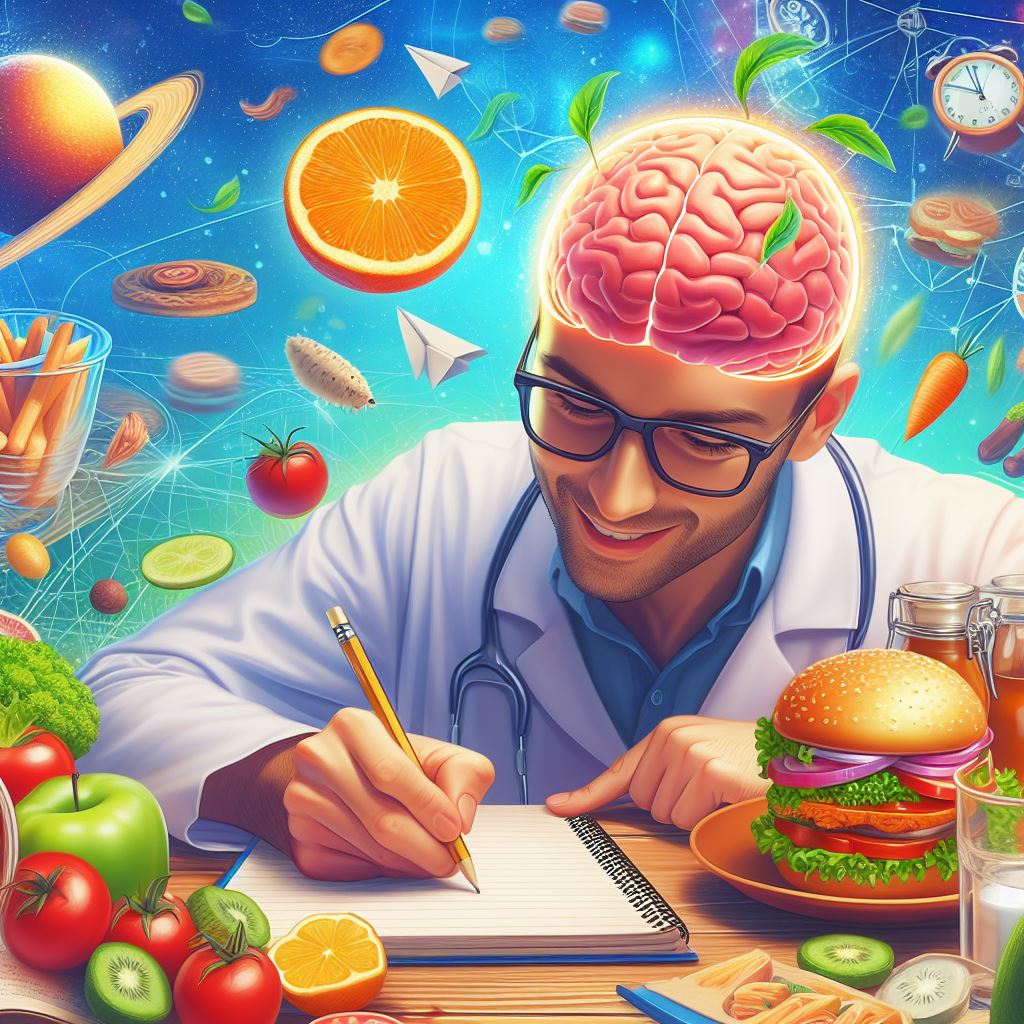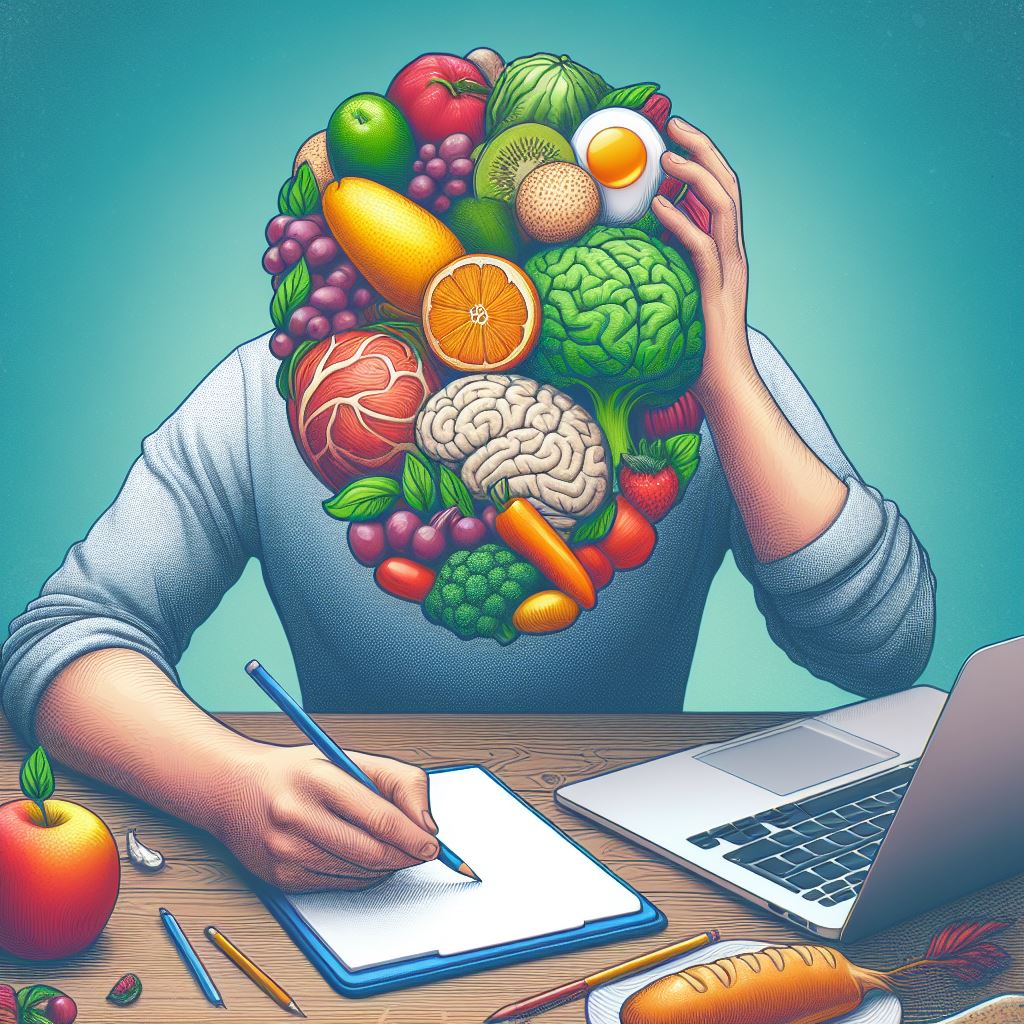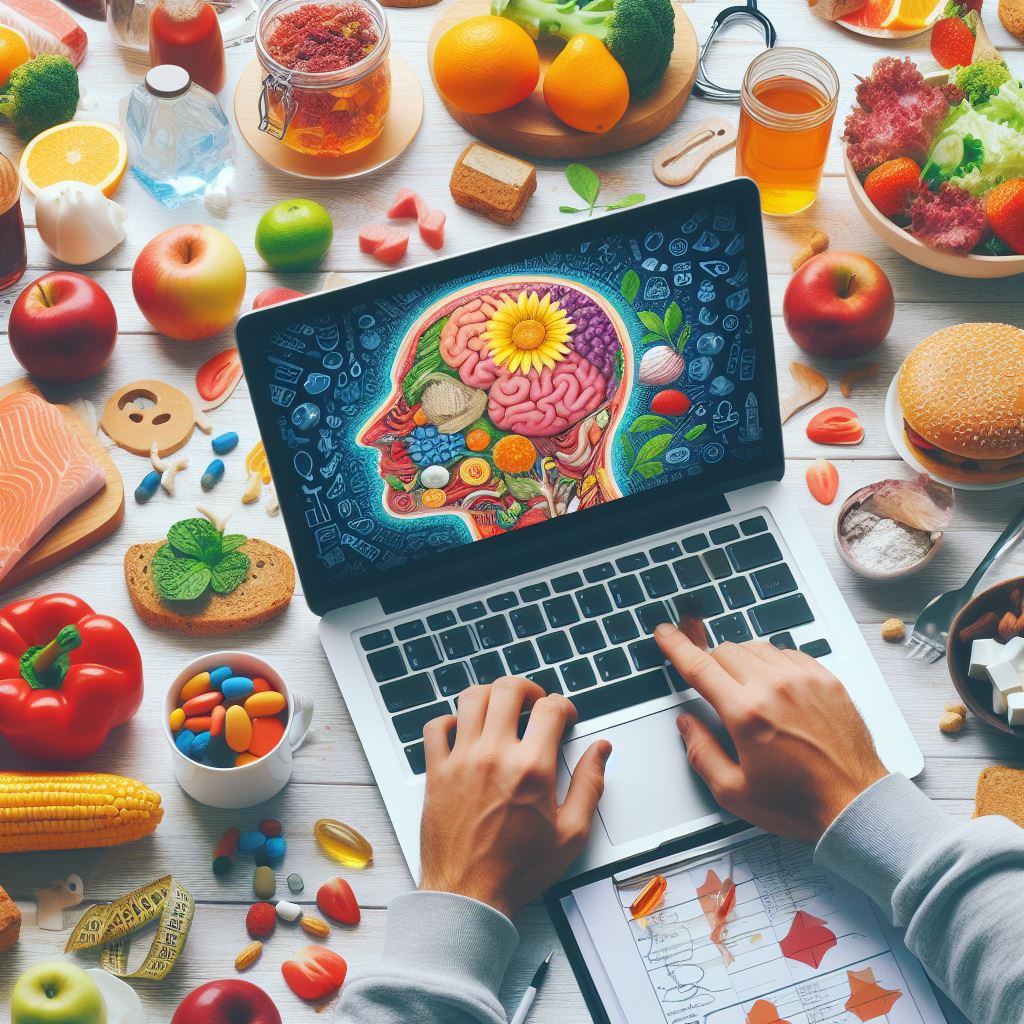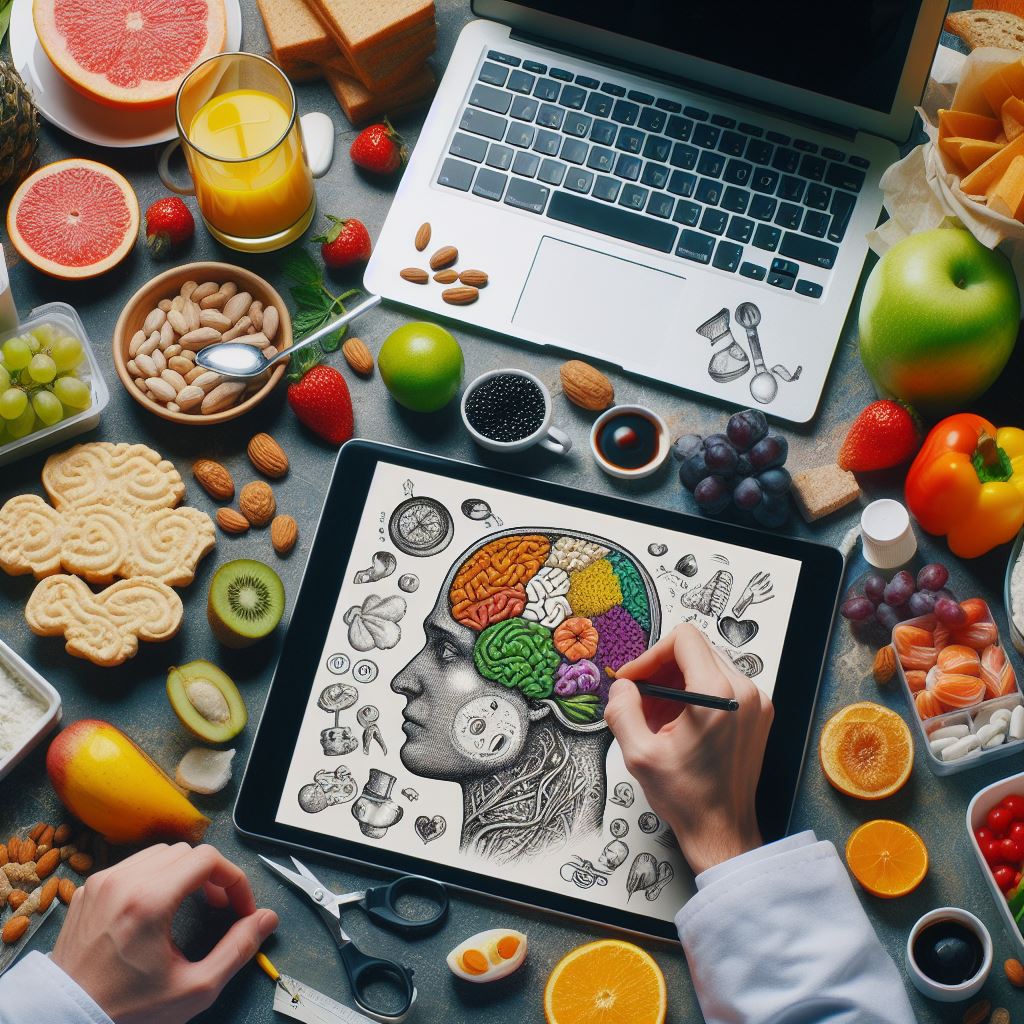Nourishing the Mind: Unveiling the Intricate Connection between Food and Mental Health
In our fast-paced world, we often overlook the profound impact that our diet can have on our mental well-being. Beyond its role in physical health, food plays a pivotal role in shaping our mood, cognition, and overall mental state. The intricate connection between what we consume and how we feel cannot be understated. In this article, we will delve into the fascinating realm of food and mental health, exploring the profound influence of nutrition on our psychological well-being.
We are talking about Food Robotics together at LANDIYUM.
The Impact of Nutrition on Mood and Cognition(Food and Mental Health)

It’s hard to deny the connection between what we eat and how we feel. Research has shown that certain nutrients can influence the production of neurotransmitters, the chemical messengers in our brain that regulate mood. Including sources of omega-3 fatty acids, like fatty fish, flaxseeds, and walnuts, in your diet may help lessen depression and anxiety symptoms. Similarly, foods rich in complex carbohydrates, such as whole grains and legumes, can boost serotonin levels, which promote a sense of calm and well-being.
Moreover, the fuel we provide our brain directly affects our cognition. A study published in the British Journal of Nutrition found that consuming a high-fat, high-sugar diet can impair memory and learning abilities. On the other hand, a diet rich in fruits, vegetables, and whole grains, known as the Mediterranean diet, has been associated with better cognitive function and a reduced risk of neurodegenerative diseases like Alzheimer’s.
The Role of Nutrients and Dietary Patterns
While individual nutrients play a crucial role, it is essential to embrace a holistic approach when it comes to mental health. Certain nutrients have gained attention for their impact on emotional well-being. For example, magnesium, found in leafy greens, nuts, and seeds, is involved in over 300 biochemical reactions in the body, including those related to mood regulation. Vitamin D, obtained from sunlight exposure and foods like fatty fish and fortified dairy products, has also been linked to a reduced risk of depression.
In addition to specific nutrients, dietary patterns have emerged as influential factors in mental health. Studies have shown that adhering to a traditional Japanese diet, rich in fish, vegetables, and fermented foods, may lower your risk of depression. Similarly, the DASH (Dietary Approaches to Stop Hypertension) diet, which emphasizes fruits, vegetables, whole grains, lean proteins, and low-fat dairy, has shown positive effects on mood and cognitive function.
The Gut-Brain Connection

Beyond the direct impact of nutrients, emerging research highlights the crucial role of gut health in brain function. Gut talks to brain (gut-brain axis), sending messages both ways (nervous systems). The gut microbiota, the trillions of bacteria residing in our intestines, play a pivotal role in this communication.
A balanced diet, rich in fiber from fruits, vegetables, and whole grains, supports a diverse and thriving gut microbiota. These beneficial bacteria produce neurotransmitters, vitamins, and short-chain fatty acids, which have a profound impact on our mental well-being. Junk food disrupts gut bacteria, fueling inflammation and potentially fueling mental health issues like depression and anxiety. Unhealthy diet messes up gut bacteria, causing inflammation and potentially worsening depression and anxiety.
Incorporating Nutritious Foods into Daily Life
Making positive changes to support mental well-being doesn’t have to be overwhelming. Here are some evidence-based strategies for incorporating nutritious foods into your daily life:
- Prioritize whole, unprocessed foods: Opt for fresh fruits, vegetables, whole grains, lean proteins, and healthy fats in your meals. Minimize the consumption of processed and sugary foods.
- Embrace variety: Aim for a diverse diet that includes a wide range of fruits, vegetables, whole grains, and legumes. This helps ensure a broad spectrum of nutrients to support mental health.
- Include omega-3 fatty acids: Incorporate oily fish like salmon, sardines, and trout into your diet. If you follow a vegetarian or vegan diet, consider plant-based alternatives like chia seeds, flaxseeds, and walnuts.
- Cultivate a healthy gut: Consume probiotic-rich foods like yogurt, kefir, sauerkraut, and kimchi to promote a thriving gut microbiota. Additionally, prioritize high-fiber foods such as whole grains, beans, and vegetables.
Conclusion

The connection between food and mental health is undeniably intricate and powerful. Healthy food fuels happy minds, reducing mental disorder risk. Remember, small changes in our daily choices can have a profound impact on our overall mental state.
Nourish mind and body with wisdom’s feast, bloom in life’s garden, whole and at peace.

The creator has created the images used artificial intelligence
Helped by chat GPT.



